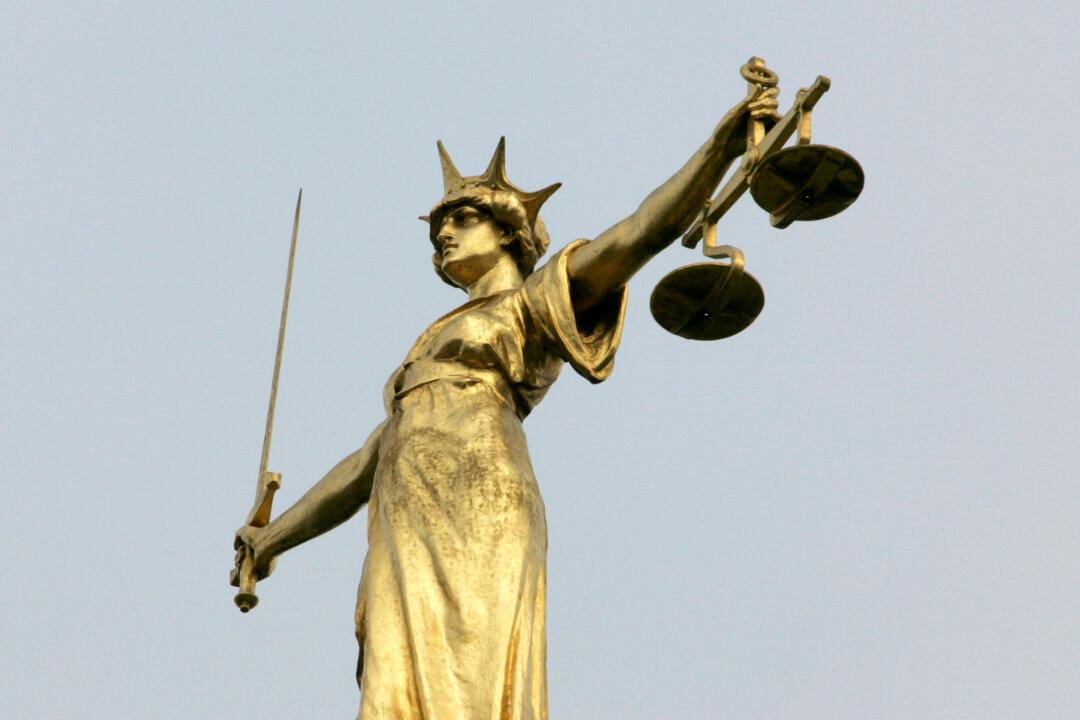A rape victim’s sexual history could no longer be used as evidence in court under new plans to minimise the effects of myths and misconceptions about rape on the trial process.
A new consultation paper by the Law Commission set out proposals for reforming the way that evidence is used in sexual offences prosecutions.





